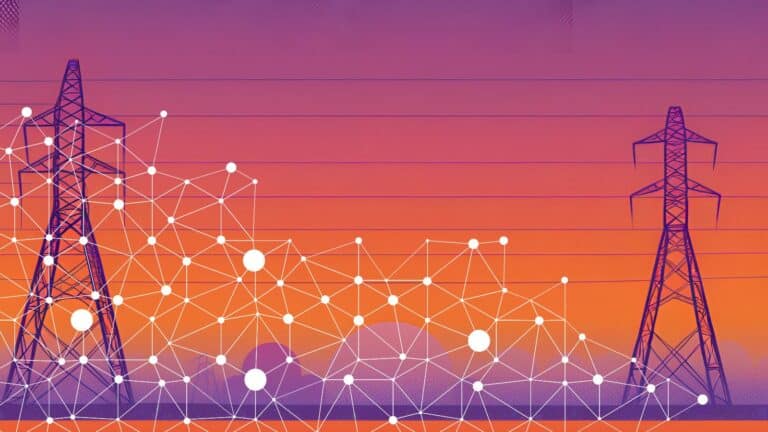Exxon, Chevron Focus on Oil Projects in the Americas
The two largest U.S. oil companies are pulling back on big international oil projects and concentrating on a handful of more lucrative assets closer to home.
Current Access Level “I” – ID Only: CUID holders and approved guests only. Building Access: Normal building operating hours with exceptions. Read more about the campus status level system and campus access information. See the latest updates to the community regarding campus planning.
Past Event
April 29, 2021
4:00 pm - 5:30 pm utc
The Center on Global Energy Policy hosted the third episode of Columbia Energy Straight Talk, a discussion series hosted by David Hill, CGEP Adjunct Senior Research Scholar, and Cheryl LaFleur, CGEP Distinguished Visiting Fellow. This series focuses on frank, practical, bipartisan discussions on how to make change happen in the energy world. The hosts bring decades of energy experience in the public and private sectors, including David’s service as General Counsel of the U.S. Department of Energy and Cheryl’s as Commissioner and Chairman at the Federal Energy Regulatory Commission.
Environmental regulation, especially to address climate change, is a key part of planning for our energy future. However, even though energy and climate issues are intertwined, energy and environmental regulators have different statutory obligations and often have an incomplete understanding of each other’s responsibilities and priorities. As we work to adapt the nation’s energy, transportation, and other sectors to reflect climate imperatives, it is critically important for economic and environmental regulators to understand what the other is doing and to work cooperatively.
In this episode, Cheryl and David hosted Mary Nichols, Distinguished Visiting Fellow at the Center on Global Energy Policy at Columbia SIPA. Sometimes called the “Queen of Green,” Mary has been at the forefront of American environmental regulation for more than 40 years. She has served twice as chairman of the California Air Resources Board and, during the Clinton Administration, served as the EPA’s assistant administrator for air and radiation. She has run a successful cap and trade program at the EPA, was instrumental in establishing California’s system of carbon pricing, and led the effort to pull California, other states, and vehicle manufacturers toward full electrification of the vehicle fleet. During this session, Mary, Cheryl, and David discussed climate initiatives at the federal and state level, the future of carbon pricing, vehicle electrification, and what it all means for the public, the environmental community, energy markets, energy companies, and investors.
Energy finance is critical for energy security, energy affordability, and the energy transition. In the context of the current energy crisis and the upcoming COP27 in Sharm El...

Please join the Center on Global Energy Policy for a student-only lunch and roundtable discussion with Dr. Destenie Nock, Visiting Faculty member at CGEP; Assistant Professor, Engineering and...

Please join the Center on Global Energy Policy for an informational session about CGEP’s new Global Energy Fellows Program, an unparalleled opportunity for energy and climate-focused graduate students...
In November 2022, Egypt will host the 27th session of the Conference of the Parties (COP 27), the UN’s annual conference on climate change. The country finds itself...
CGEP is pleased to announce a new AI & Energy series—part of our Energy Explained blog. In the first entry, the authors write about AI's potential impacts on the...

Kenya and South Africa have recently started moving toward an open access regime in their electricity sectors, while the US and India have been on this path for over two decades.

About one in four American households experience some form of energy insecurity. Within this group, Black, Indigenous, Latine, low- and moderate-income (LMI), and other disadvantaged communities face a disproportionately higher burden.
